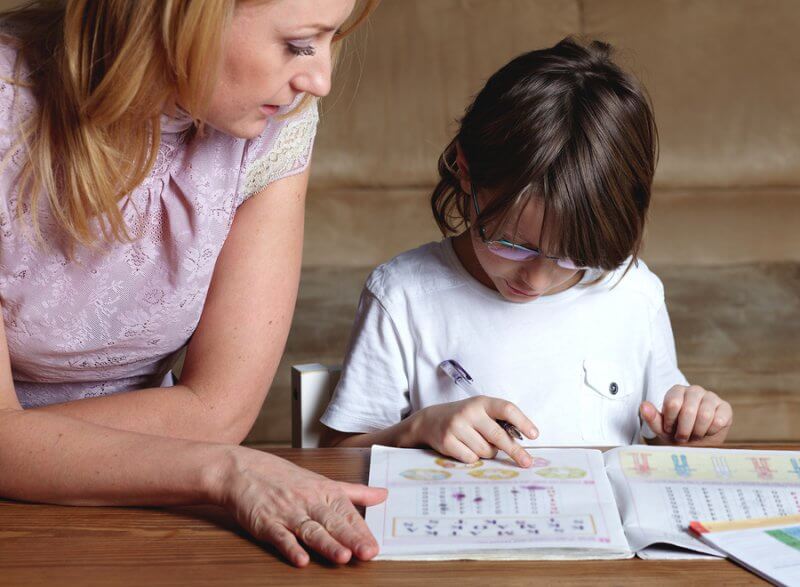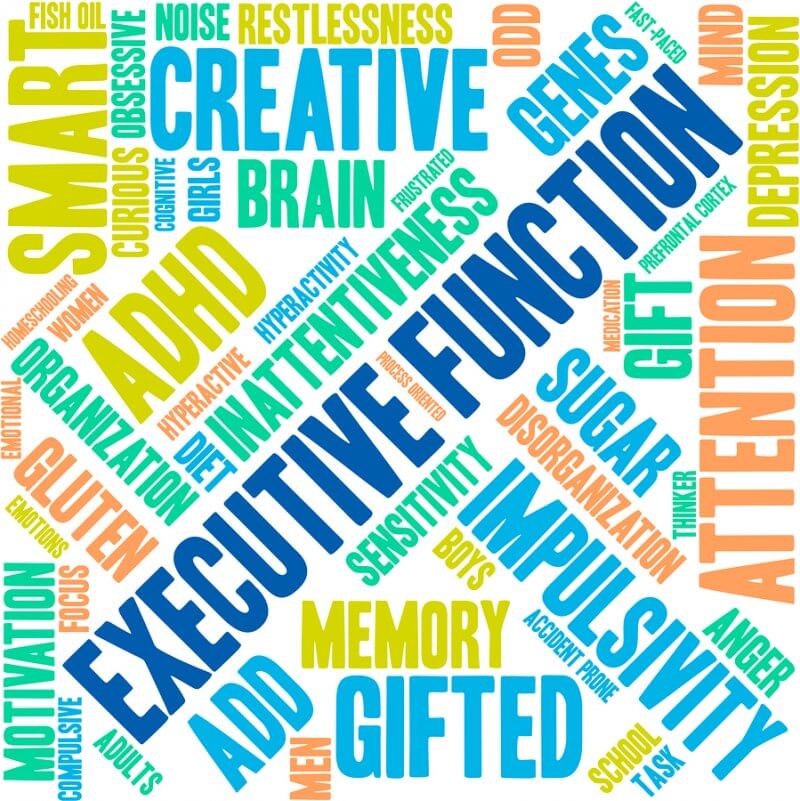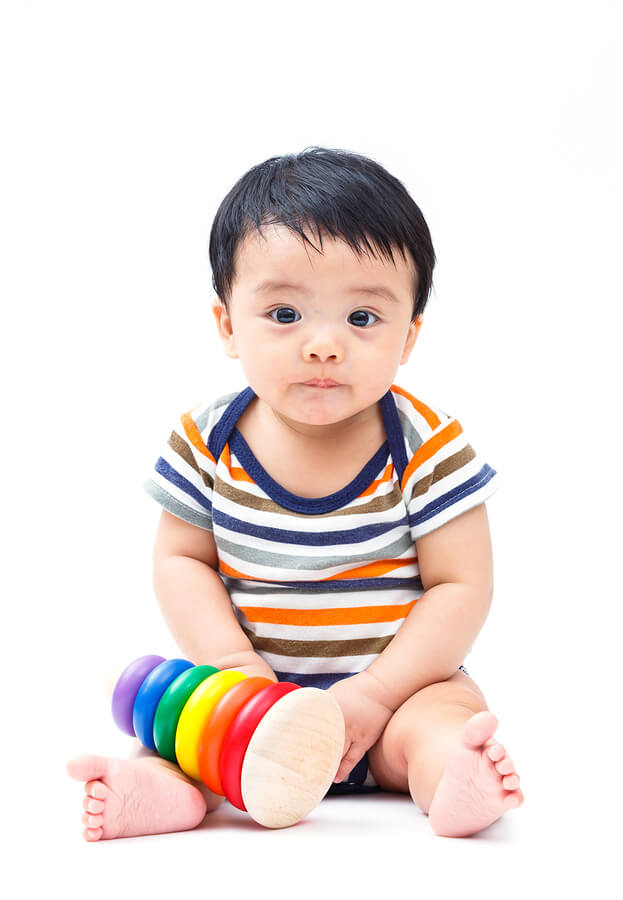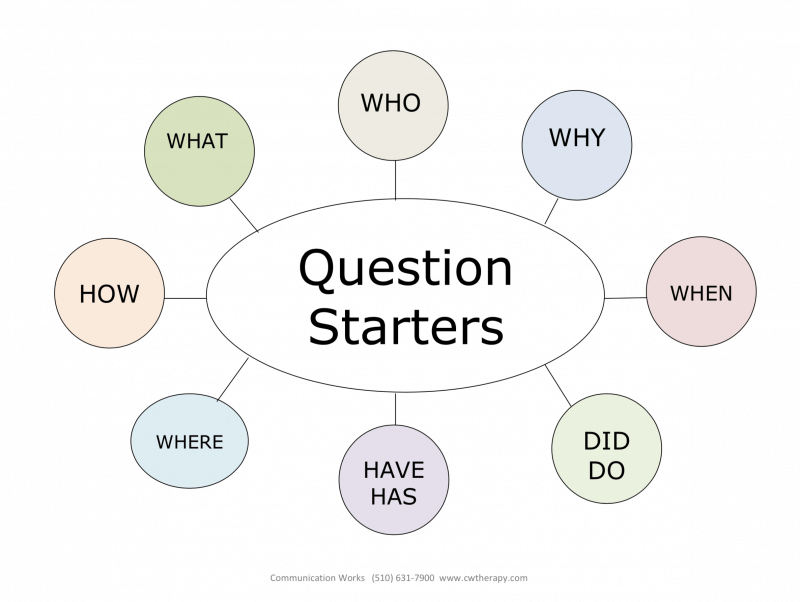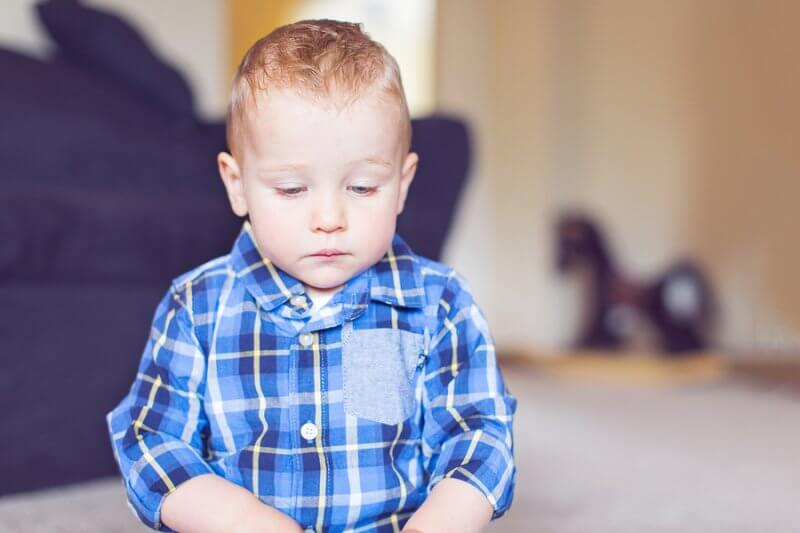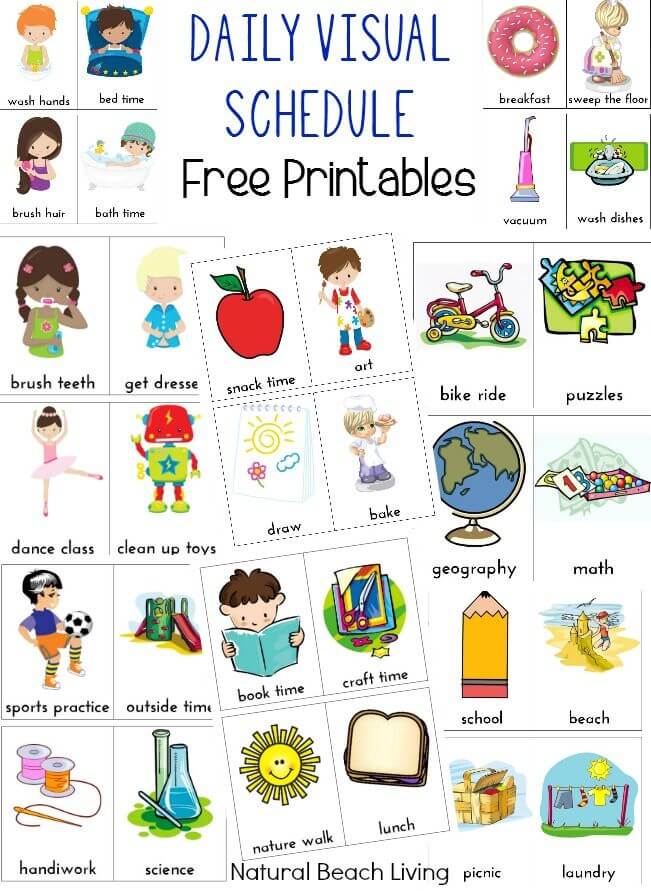Here is something I hear quite frequently – “My child has been placed on a waiting list for assessment. We have to wait several months before someone will see my child. Is there something I can do in the meantime to help my child before a diagnosis is given?”
Anxious parents don’t want to wait to start intervening if they suspect something is amiss. If a diagnosis of autism is suspected, there is much that can be done even before an official diagnosis is given. If suspicions turn out to be incorrect, the help given will not have been harmful in any way. I was in this waiting position with my own son, seeking a diagnosis for him at 10 months of age. The diagnosis did not happen until 2 years later even though I was persistent. In the meantime, I felt helpless as I watched Marc lose what few words he had, become increasingly frustrated, and his challenging behavior escalated. I wanted to do something but didn’t know where or how to start.
Read More »






